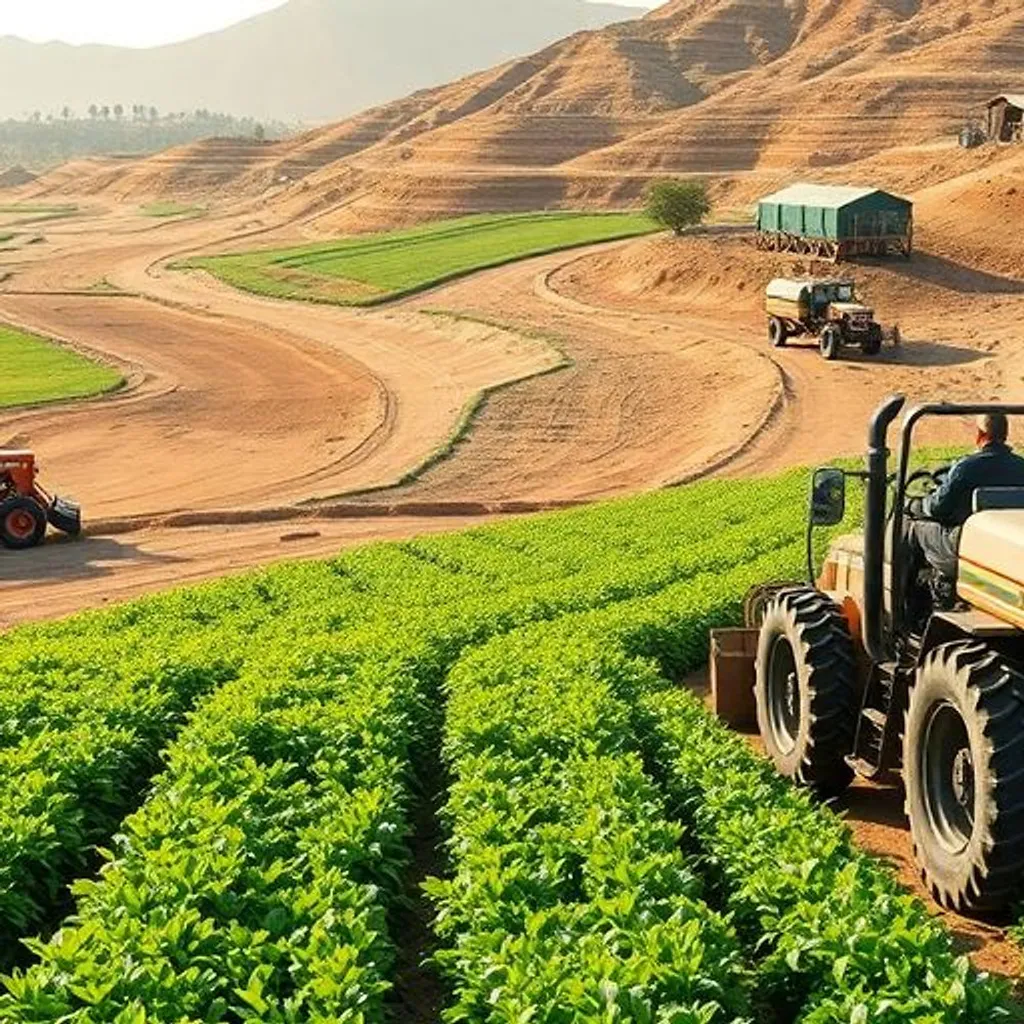In the heart of Saudi Arabia, a groundbreaking study led by Entesar Hamed I. Eliwa, a researcher at the Department of Mathematics and Statistics, College of Science, King Faisal University, is revolutionizing the way we approach rice farming. The research, published in the Egyptian Informatics Journal (مجلة المعلوماتيات المصرية), focuses on automating the classification of rice and paddy ripeness using deep learning, a technology that could significantly enhance food security and agricultural efficiency.
The study compares five deep learning architectures to determine the most effective method for real-time rice maturity assessment. The standout performer was YOLOv11, enhanced with an Attention-Guided Multi-Scale Feature Fusion (AGMS-FF) module. This model achieved an impressive 99.6% cross-validation accuracy on an augmented dataset and 98.0% test accuracy on raw, uncontrolled imagery. These results are not just statistically significant but also practically impactful.
“Accurate and timely classification of rice paddy ripeness is critical for optimizing harvest decisions, improving grain quality, and strengthening global food security,” Eliwa explains. The traditional manual assessments are subjective, labor-intensive, and poorly scalable. This research addresses these challenges head-on, offering a scalable, automated solution that could transform the agricultural sector.
The implications of this research extend beyond the fields. For the energy sector, the automation of agricultural processes can lead to more efficient use of resources, reducing the energy footprint of farming activities. As the world grapples with climate change and the need for sustainable practices, technologies like these are invaluable.
Eliwa’s work provides robust comparative benchmarks across lightweight and state-of-the-art models, reinforcing the viability of deep learning-based computer vision systems for sustainable rice farming. The potential for scalable field deployment is immense, promising a future where technology and agriculture intersect to create more efficient, sustainable, and secure food systems.
This research is a testament to the power of innovation in addressing global challenges. As we look to the future, the integration of deep learning in agriculture could pave the way for smarter, more resilient farming practices, ultimately contributing to a more secure and sustainable world.

